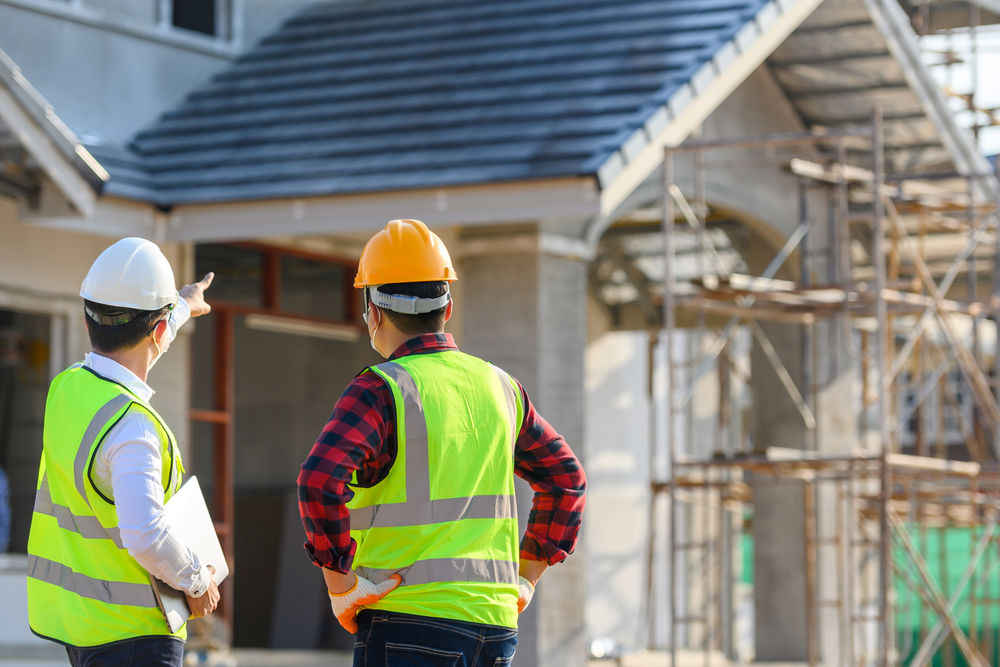Statute of Limitations on Construction in Illinois

Chicago, a robust metropolis, witnesses continuous construction activities, which naturally beget a spectrum of legal disputes, ranging from construction delay claims to the subtleties of contractual compliance in Illinois. Understanding the timeline within which legal remedies can be sought is essential for everyone.
Q: What is the difference between the statute of limitations and the statute of repose?
A: The statute of limitations is the deadline for filing a lawsuit. The statute of repose is a deadline for filing a lawsuit, even if the plaintiff did not know about the claim until after the statute of limitations had expired.
Q: What is the statute of limitations for construction claims in Illinois?
A: The statute of limitations for construction claims in Illinois is generally four years. This means that you must file your claim within four years of the date of the construction defect or injury, or you will lose your right to do so.
Q: What is the statute of repose for construction claims in Illinois?
A: The statute of repose for construction claims in Illinois is 10 years. This means that you cannot file a claim more than 10 years after the date of the construction defect or injury, even if you did not discover the defect or injury until after the four-year statute of limitations had expired.
Q: Are there any exceptions to the statute of limitations and repose for construction claims in Illinois?
A: Yes, there are a few exceptions to the statute of limitations and repose for construction claims in Illinois. For example:
- Minors and disabled persons: The statute of limitations may be tolled, or suspended, for minors and disabled persons until they reach the age of majority or their disability is removed.
- Latent defects: If you discover a construction defect after the statute of limitations has expired, you may still be able to file a claim if you can show that the defect was latent, or hidden, and that you could not have discovered it earlier with reasonable diligence.
- Personal injury: If a construction defect causes personal injury, the statute of limitations is two years from the date of the injury.
- Fraud: If the defendant fraudulently concealed the construction defect, the statute of limitations may not begin to run until you discover the defect.
- Government entities: The statute of limitations for construction claims against government entities may be longer than four years.
It is important to note that these are just a few examples of exceptions to the statute of limitations and repose. There may be other exceptions that apply to your specific case. If you are considering filing a construction claim, you should consult with our experienced construction lawyer to discuss your options.
Q: What should I do if I am considering filing a construction claim in Illinois?
A: If you are considering filing a construction claim in Illinois, it is important to consult with an experienced construction lawyer as soon as possible. A construction lawyer can help you to understand the statute of limitations and repose, and to determine whether you have a valid claim.
Contact Grzymala Law Offices today to schedule a consultation with an experienced construction lawyer.
Q: What should I do if I discover a construction defect in my home?
A: If you discover a construction defect in your home, you should contact an experienced construction lawyer as soon as possible. A construction lawyer can help you to assess the damage and determine whether you have a valid claim.
Q: How much does it cost to file a construction claim?
A: The cost of filing a construction claim will vary depending on the complexity of the case. However, most construction lawyers offer consultations, so you can learn more about your legal options without incurring any upfront costs.
Building with Confidence
While construction offers countless opportunities for innovation and growth, it also comes bundled with its share of legal responsibilities. As the saying goes, “Forewarned is forearmed.” By understanding the Statute of Limitations on Construction in Illinois, professionals in the industry can operate with greater confidence and security.
Should you ever find yourself in a situation where you need to navigate the complexities of Illinois construction law, remember that you don’t have to go it alone. The Grzymala Law Offices, with its stellar team of Chicago construction lawyers, stands ready to assist, ensuring your rights are protected and your construction endeavors remain on a solid legal foundation.
Ready to protect your construction interests in Illinois? Contact Grzymala Law Offices today.
